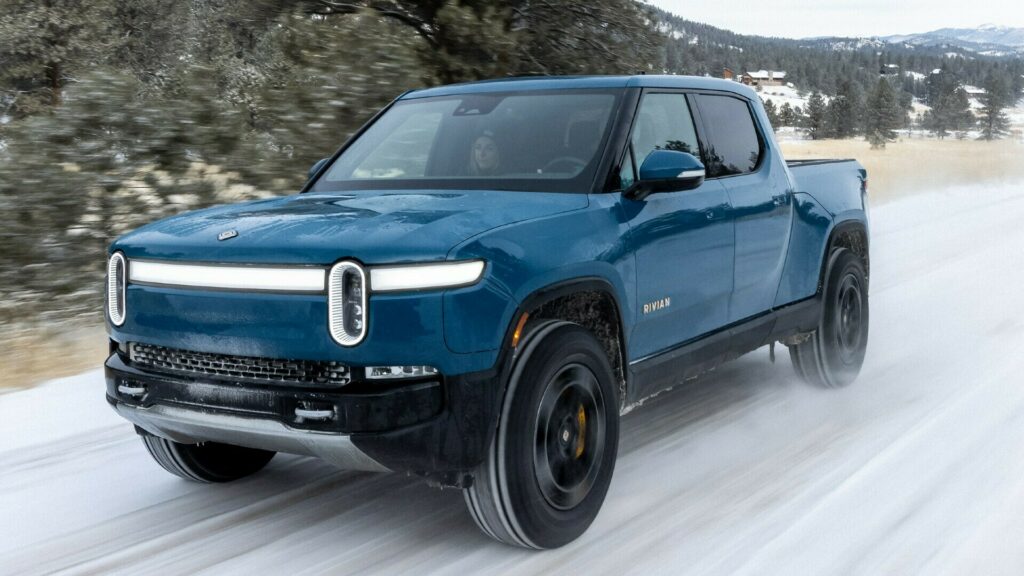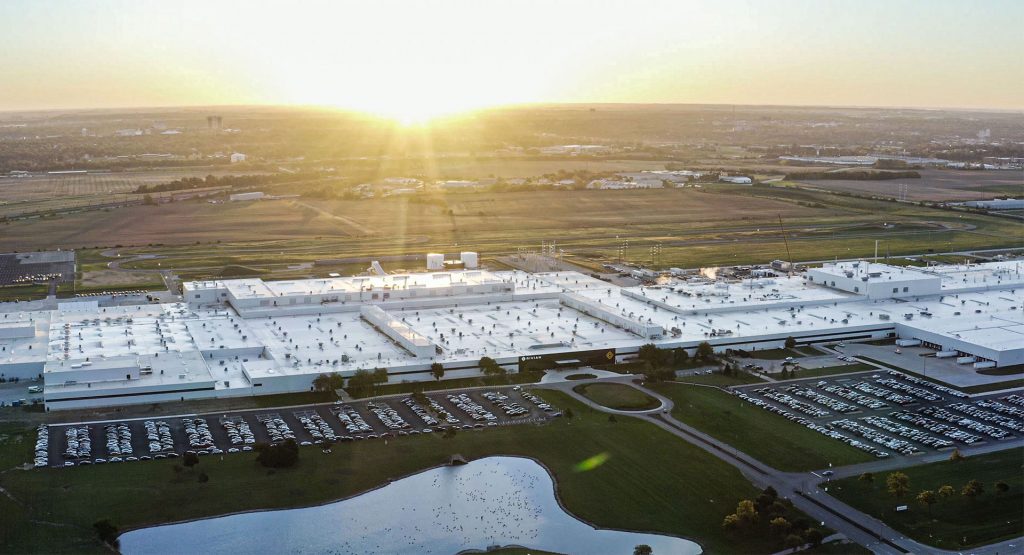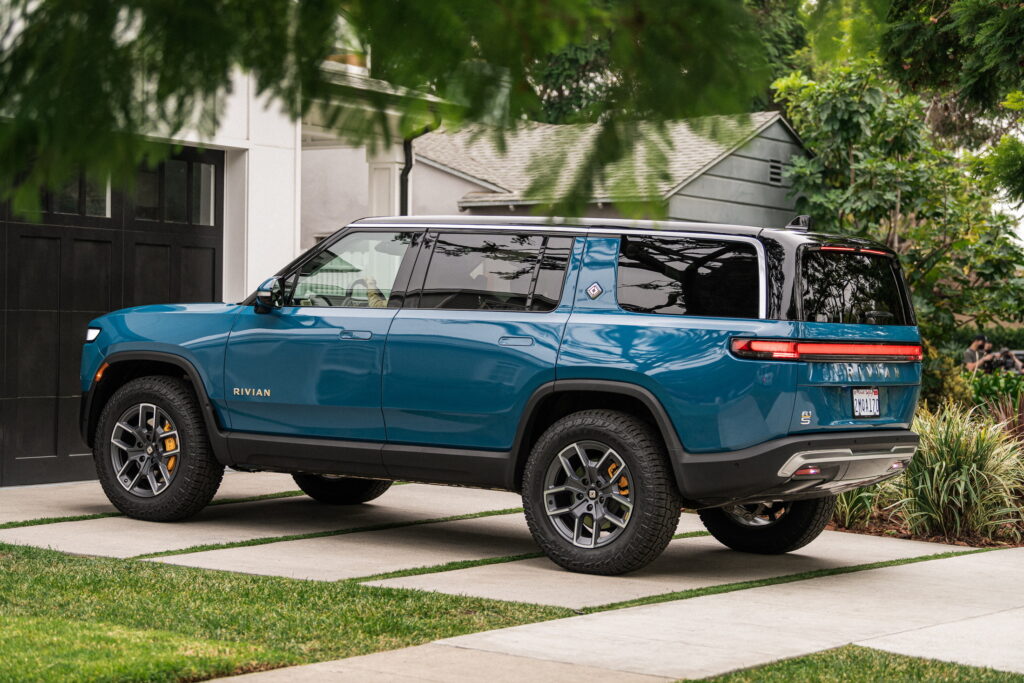Among those laid off from Rivian include its former lead cell engineer
5 hours ago
 –>
–> 
–>
Rivian has cut 20 employees from its in-house battery department as it looks for ways to save capital to aid with the design and development of its next-generation R2 platform.
It is understood that one of the 20 employees who were laid off was Victor Prajapti, the lead cell engineer who had formerly served as a senior manager at Tesla. The company has previously said that it will produce its own batteries at its large factory in Georgia but these layoffs have raised questions about whether or not these plans will still go ahead.
Rivian currently sources its batteries from Samsung SDI in South Korea before assembling them at its facility in Normal, Illinois. In a statement issued to Benzinga about the layoffs, a Rivian spokesperson said they impact less than 8% of its battery team.
advertisement scroll to continue

“While we place a very high value on the cell engineering competence we have built at Rivian, we’re focusing the team on R2 and its defined programs,” the spokesperson added, noting the carmaker will focus on growing its cell chemistry team who will work closely with cell manufacturing partners moving forward.
Rivian’s next-generation EVs, known as the ‘R2’, will follow in the footsteps of the R1T and R1S but be more affordable and cheaper in size. While the brand’s current models have been well received by pundits and customers, they remain far too expensive for most new car buyers.
Read: Rivian’s R2 Models To Use A More Simplified And Cheaper Electrical Architecture
A key factor that will allow Rivian to make its R2 models significantly cheaper will be the simpler electrical architecture with 60% fewer ECUs and a 25% reduction in the length of the wiring harness.
The first model in this new family is expected to be an SUV known as the R2S. It will be similar in size to the Tesla Model Y but like the R1S, and have a keen focus on off-road performance. It will be unveiled next year before reaching the hands of customers in 2026. Prices are expected to start at around $40,000 and should top out at $60,000.

 –>
–> 

